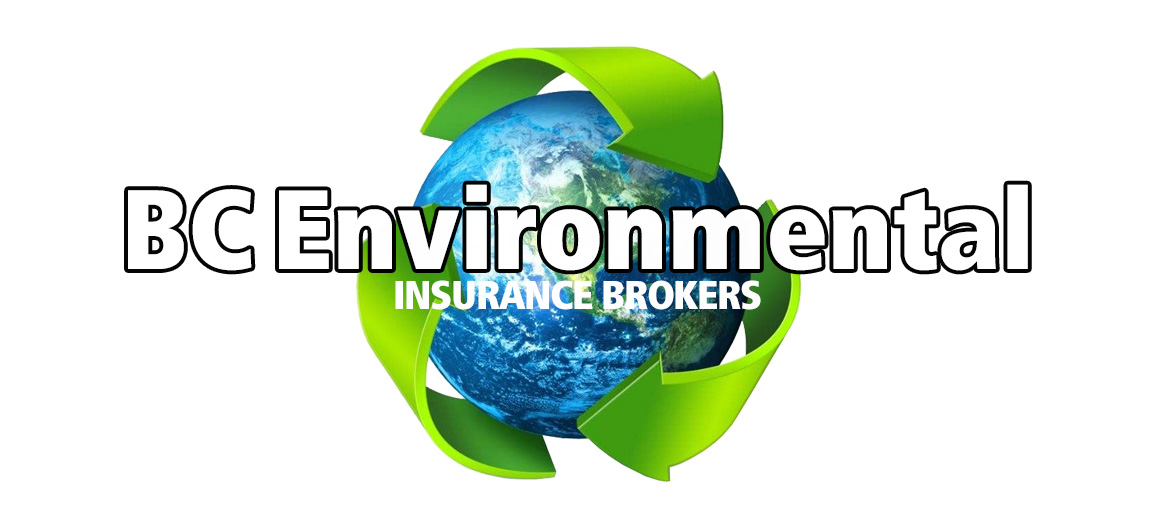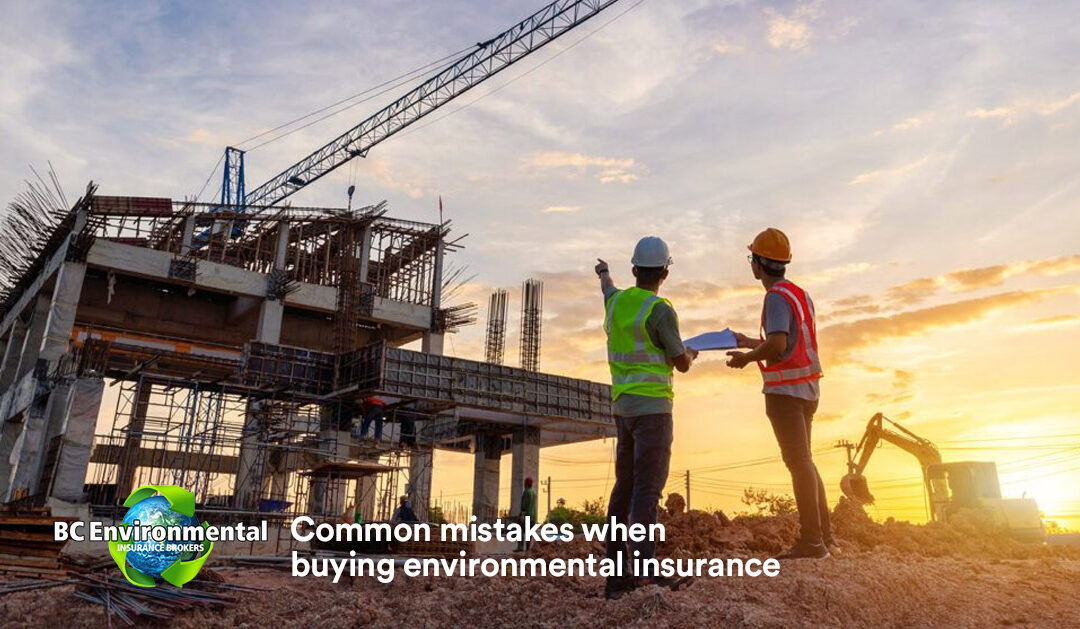Environmental insurance provides coverage for damages caused by pollution, contamination, and other environmental risks. Lets look at some common Mistakes people make when buying Environmental Insurance that can lead to inadequate coverage or financial losses. Here are some of the most common mistakes to avoid when buying environmental insurance:
- Not understanding the coverage: Environmental insurance policies can be complex, and it’s important to read the policy carefully to understand what is covered and what is not. Make sure you understand the limits, exclusions, and deductibles of the policy.
- Focusing only on the premium: While the premium is an important factor to consider, it’s not the only one. You need to make sure that the coverage you are getting is adequate for your needs. Cheaper policies may offer less coverage or have higher deductibles, which can end up costing you more in the long run.
- Choosing the wrong type of policy: There are several types of environmental insurance policies, and it’s important to choose the one that is best suited for your business. For example, a pollution liability policy covers damages caused by pollution, while a remediation cost cap policy covers the costs of cleaning up a contaminated site.
- Not disclosing all relevant information: It’s important to be honest and upfront about all the risks associated with your business when buying environmental insurance. Failing to disclose all relevant information can lead to denied claims or even cancellation of the policy.
- Not working with an experienced broker: Environmental insurance is a specialized field, and it’s important to work with a broker who has experience in this area. An experienced broker can help you navigate the complex policies and find the coverage that is best suited for your needs.
In summary, when buying environmental insurance, it’s important to take your time, read the policy carefully, and work with an experienced broker like BC Environmental to ensure that you are getting the coverage you need. Don’t make the mistake of focusing solely on the premium, as inadequate coverage can end up costing you much more in the long run.

